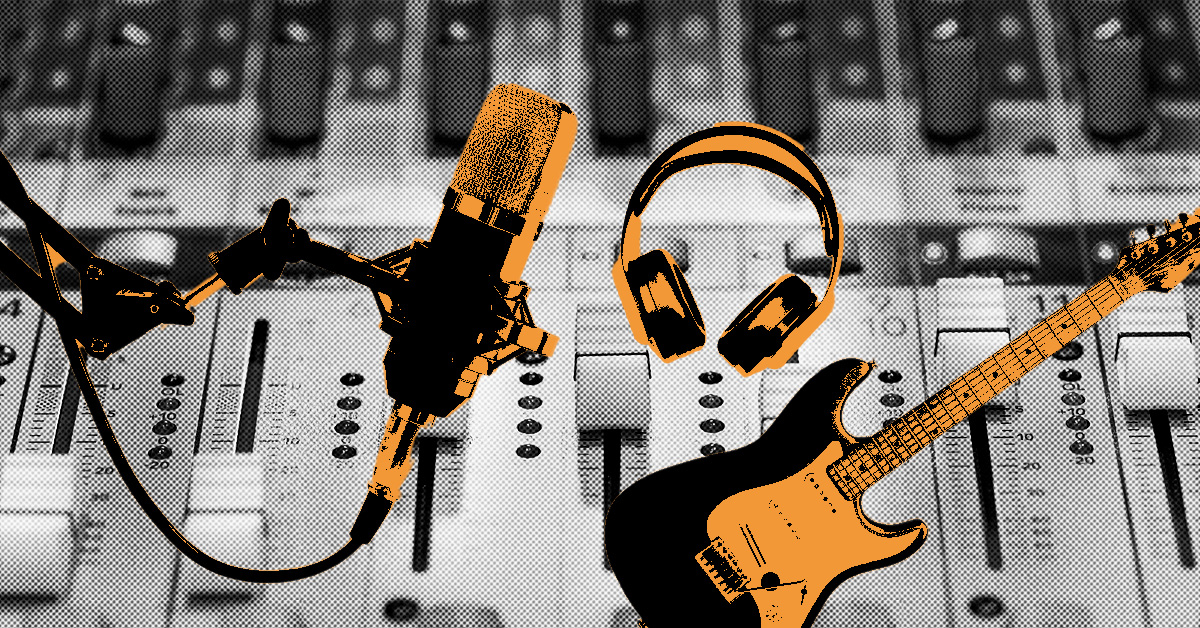For many independent musicians, the path from idea to finished recording is paved with financial hurdles. Studio time, engineers, producers, mixing, mastering, and even utilities all add up, often faster than budgets can stretch. Every dollar spent is a gamble on future earnings, and for creators working without major label backing, those costs can be daunting.
The passage of the HITS Act in 2025 marks a turning point. Years of advocacy by music industry organizations have resulted in a law that allows independent artists, songwriters, producers, and small labels to deduct up to $150,000 in recording and production expenses in the same tax year. This brings music creators into the same tax category as film, television, and theater productions—an acknowledgment that making music is a legitimate small business endeavor that deserves equal financial treatment.
What the HITS Act Changes for Independent Artists
Immediate deduction can make an enormous difference. Instead of spreading deductions over several years, musicians can free up cash flow right away. That extra breathing room can fund new projects, pay collaborators, and invest in career growth sooner.
An artist recording an EP for $40,000 can now deduct the full amount that year, lowering taxable income and freeing funds to book the next project without waiting years for the tax benefit. A producer outfitting a studio or hiring session players can also take full advantage, with expenses deducted under the $150,000 limit. And for those whose income for the year doesn’t offset the deduction fully, benefits can carry over to future earnings.
As for so many Americans, shutdowns and social distancing brought havoc for small recording artists over the past year…The bipartisan HITS Act will help thousands of independent music creators around the country by providing common sense tax savings on certain expenses – giving this industry the targeted relief it needs as our nation recovers.
Congressman Ron Estes, Sponsor of the HITS Act
How Advocacy Made It Happen
The legislation received strong backing from groups like the Recording Academy, American Association of Independent Music (A2IM), SoundExchange, ASCAP, BMI, and more. Their combined advocacy ensured that musicians’ voices were heard and their needs recognized in policy.
Making the Most of the HITS Act
For those looking to benefit from the HITS Act, preparation is key. Keeping thorough documentation—receipts, invoices, contracts, and studio logs—will make the process smoother. Working with a knowledgeable tax professional ensures expenses are filed correctly and deductions are maximized.
Timing can also be strategic: recording and releasing within the same year can align expenses and deductions for the greatest benefit.
A Financial Tool for a Creative Future
This law is a statement that the work of independent musicians matters. By easing the financial weight of recording, the HITS Act creates space for more ambitious projects, creative risks, and sustainable careers. For independent artists, it’s a timely opportunity to plan, create, and keep building a future on their own terms.

